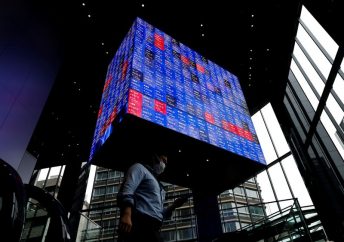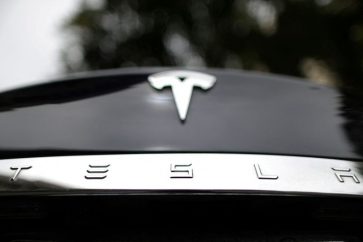A California Tesla (NASDAQ:TSLA) owner filed a potential class action lawsuit against the electric vehicle manufacturer on Friday, accusing it of violating its clients’ privacy.
The lawsuit was filed in the U.S. District Court for the Northern District of California after Reuters revealed on Thursday that groups of Tesla staff members occasionally shared extremely intrusive videos and images taken by customers’ car cameras through an internal messaging system between 2019 and 2022.
Henry Yeh, a resident of San Francisco and owner of a Model Y from Tesla, filed the case, claiming that Tesla personnel had access to the pictures and videos for their “tasteless and tortious entertainment” and “the humiliation of those surreptitiously recorded.”
“Like anyone would be, Mr Yeh was outraged at the idea that Tesla’s cameras can be used to violate his family’s privacy, which the California Constitution scrupulously protects,” Jack Fitzgerald, an attorney representing Yeh, said in a statement to Reuters.
Fitzgerald said, “Tesla needs to be held accountable for these intrusions and for misleading him and other Tesla owners about its inadequate privacy practices.”
Tesla did not answer right away when Reuters asked for a comment.
Tesla’s actions were described as “particularly egregious” and “highly offensive” in the lawsuit.
According to the statement, Yeh brought the lawsuit “against Tesla on behalf of himself, similarly situated class members, and the public.” According to the complaint, the potential class members would have purchased or leased a Tesla.
Reuters said several Tesla staff members observed clients “doing laundry and really intimate things.” We could see their children,” said a former worker.
The complaint stated that one of the most fundamental liberty rights that society recognises is parents’ concern for their children’s privacy.
The lawsuit requests that the court “enjoin Tesla from engaging in its wrongful behavior, including violating the privacy of customers and other third parties, and to recover actual and punitive damages.”




 By:
By:





